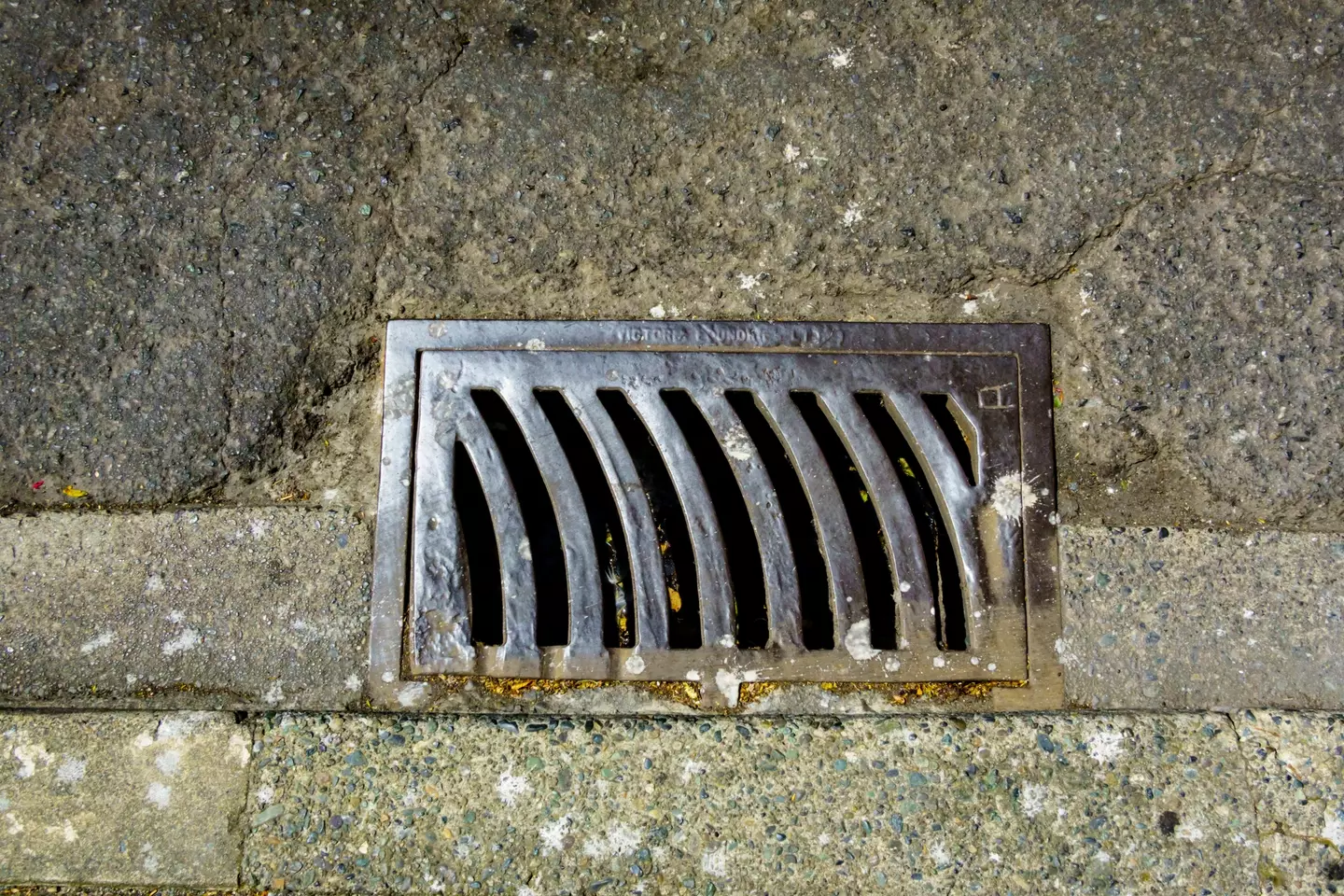A woman in the UK was taken aback when she received a £150 ($200) fine for disposing of her coffee down a drain. Fortunately for her, the authorities later decided to retract the penalty.
As autumn arrives, it brings with it the joy of warm beverages.
For those who enjoy a pumpkin spice latte or prefer a classic black coffee, a comforting hot drink can often feel like it’s the answer to many dilemmas—except when it unexpectedly causes new ones.
This was the case for Burcu Yesilyurt from south-west London, who finished her coffee just as she was about to get on a bus for work.
To avoid the risk of spilling the remaining liquid in her reusable mug, she poured it down a drain before boarding. However, this decision led to an unforeseen situation.

In an interview with BBC News, Yesilyurt said: “As soon as I turned around, I noticed three men, enforcement officers, chasing me, and they stopped me immediately.”
She was surprised to receive a $200 fine under the Environmental Protection Act 1990, Section 33.
Section 33 of this Act prohibits the disposal of waste in a manner that could pollute land or water, which includes pouring liquids into street drains.
Yesilyurt was unaware of this regulation when she disposed of a ‘tiny little bit’ of coffee, initially thinking the officers might approach her regarding a bus-related issue.
She expressed feeling ‘shaky’ after the incident and mentioned: “It was quite a shock.”
The officers informed Yesilyurt that the coffee should have been discarded in a bin, not a drain.
Richmond Council, after reviewing footage, confirmed that the officers had acted correctly.
However, Yesilyurt felt the penalty was ‘unfair’ and ‘extreme’ as she believed she was acting responsibly.
“It’s not proportionate,” she insisted.
Luckily for Yesilyurt, the council eventually canceled the fine, deeming the offence ‘minor’ and acknowledging that she had ‘agreed not to repeat it’.

She received an email stating: “I can advise that on review the Fixed Penalty Notice has been cancelled. Please accept my apologies for any upset or inconvenience this has caused you.”
Yesilyurt expressed her relief at the council’s decision and urged for clearer laws.
“I’ve not met anyone who knows it’s a criminal offence,” she stated.
The council spokesperson commented: “Fixed Penalty Notices clearly outline that there is an appeal process available to anyone who wishes to challenge them.”
“It is likely that, had this case progressed through that route, the notice would have been rescinded because it is a minor contravention which the recipient agreed not to repeat.”

